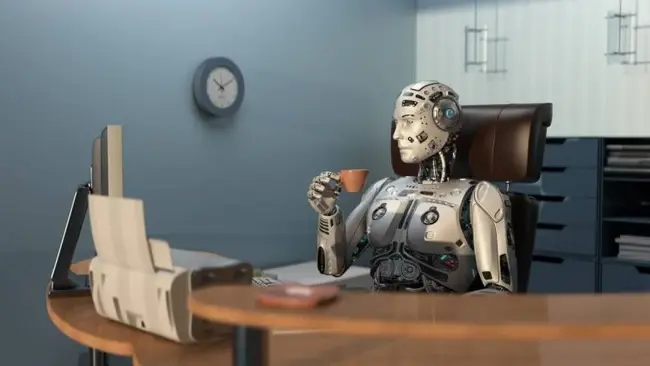
"Robots are stealing our jobs!"
It's been discussed to the death, but many are still fearful of the impact artificial intelligence (AI) will have on employment. While digital transformation is very welcome among organisations, there is an overwhelming concern across employees that AI will soon replace humans in the workforce.
Of course, with a growing population and saturated job market, it already feels like we're elbowing each other out of the way for opportunities. Add AI into the mix, and you'd think it'll become a bloodbath.
In recent years, digital transformation has shone a spotlight on AI. Increasingly, businesses are exploring AI-driven opportunities to help them embark on the transition. For many employees, this indicates that it's out with the humans and in with the AI.
However, this is not the aim of digital transformation (at least, for the foreseeable future). Instead, organisations should be exploring AI as a means to empower their employees and help them work smarter.
Artificial intelligence, human application
Firstly, it's important to remind ourselves that AI is not going to apply itself on its own accord; its deployment is in control of businesses themselves.
Organisations must not see AI application as a one-in, one-out model between technology and employees. Instead, businesses should consider AI as a means to redirect the workforce's efforts towards higher value tasks. In particular, organisations are increasingly exploring automation opportunities to free employees from repetitive (and especially manual) tasks.
Thus, executives need to dedicate some of their digital transformation efforts to the redesign of human roles. There's no shying away from change, and perhaps even disruption, but businesses must think strategically about how and why they want to use AI. Just because a certain technology is available doesn't mean you must have it. Instead, consider opportunities where AI can actually be advantageous and not just something shiny.
Then, there is the obvious matter that new technologies will create new jobs. Firstly, the AI skills gap is very well-documented and indicates the need for workers in this arena. However, it's not just a free-for-all for new graduates. Organisations should consider upskilling their workforce where possible. In turn, the skills gap is addressed, new opportunities are enjoyed, and employees get to widen their skill portfolio.
Historically, we have always adapted to new technologies. The internet, which was once met with hesitation, has now created millions of jobs. As a takeaway, remember: automation and AI will never replace humans, unless we choose for it to.
Check out our CxO of the Week, Rajesh Gopinathan at Tata Consultancy Services.




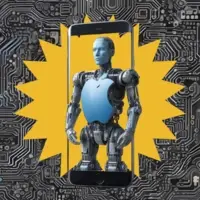
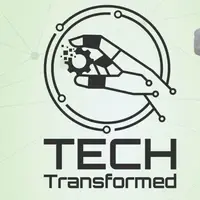

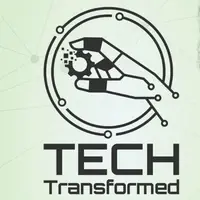
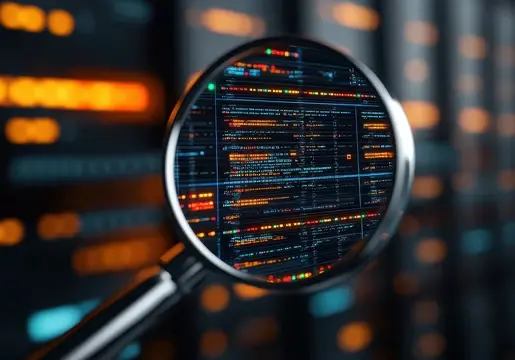

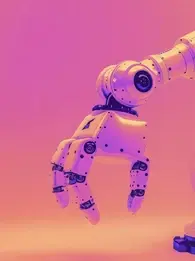


Comments ( 0 )